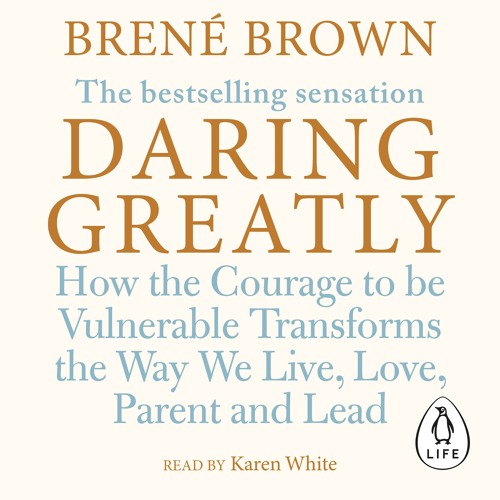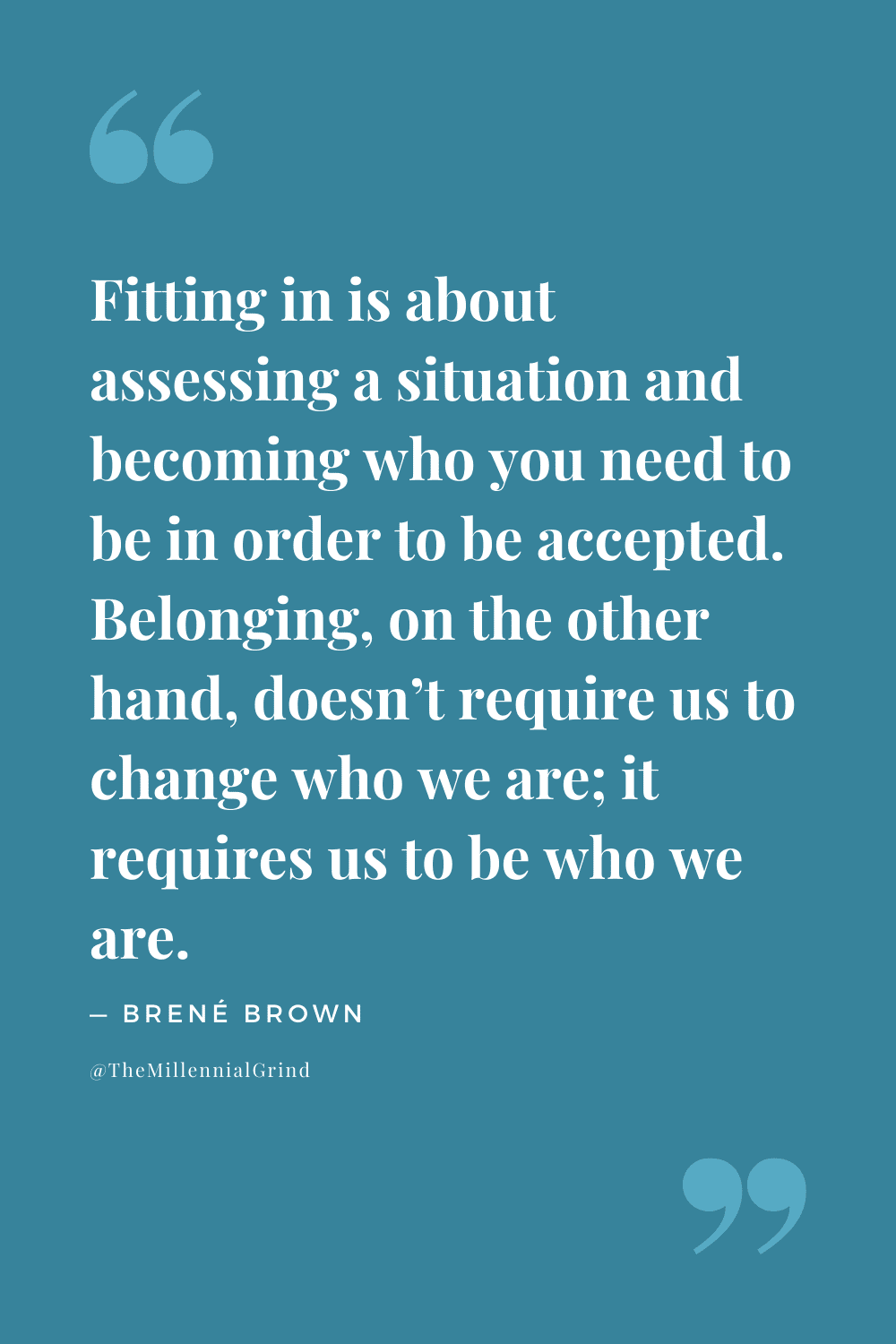

She has spent the past fifteen years studying vulnerability, courage, worthiness, and shame. Whilst the book is not specifically aimed at those working with troubled children and young people, its insights are highly relevant in my opinion.īrené Brown is a research professor at the University of Houston, Graduate College of Social Work. Not everyone will feel comfortable with her writing style, replete with homespun anecdotes – but she has some important insights about the challenges of bringing our self into our work. However, the very popularity of the book should not detract from some valuable messages of her research. When something has become so popular there is the danger that it will become commodified and turn into a brand: a quick search on Google reveals that Brené Brown now has published more books, has her own website and other merchandising.

This video has now been watched by more than 4.5 million people and so it’s likely that some people reading this review will have seen it. Brené Brown and her research when a friend recommended that I watch her 2011 TED talk on YouTube entitled ‘The power of vulnerability’. Ethics of care: Critical advances in international perspectives 184 Book review: Barnes, M., Brannelly, T., Ward, L., Ward, N. Daring greatly: How the courage to be vulnerable transforms the way we live, love, parent, and lead Social care and child welfare in Ireland: Integrating residential care, leaving care and aftercare 171 The umbrella of boundaries, love, and grief 168 Faith, hope and love in social work practice 159 Aroha: ‘Loving’ within a statutory and bi-cultural residential environment 152 Love in social care: Necessary pre-requisite or blurring of boundaries 145 FOSTERING RESTORATION The impact of love and second families in residential care

139 Appropriate and inappropriate relationships: David’s story: By Nicola: a residential care worker. 124 Cultivating human beings, not human doings: Challenging discourses of self-care 104 Children’s quest for love and professional child protection work: the case of Norway. 90 Do you love me? An empirical analysis of the feeling of love amongst children in out-of-home care 71 Love: Recognising relationships in work with vulnerable youth 34 More than just a bracelet: the use of material symbolism to communicate love

6 Perspectives on love as a component of professional practice


 0 kommentar(er)
0 kommentar(er)
